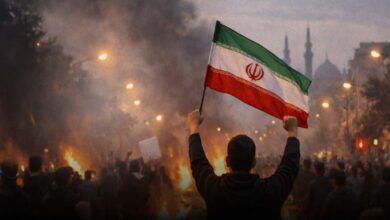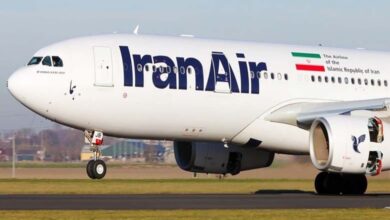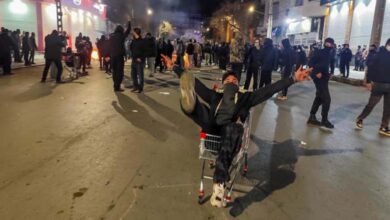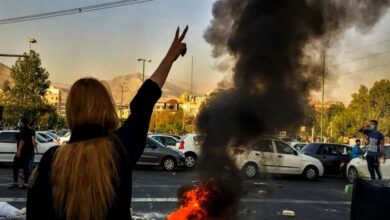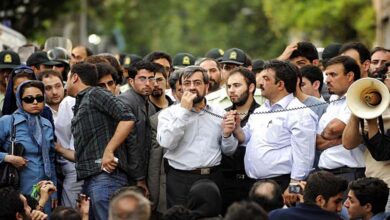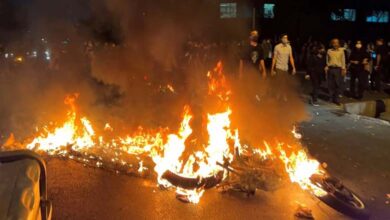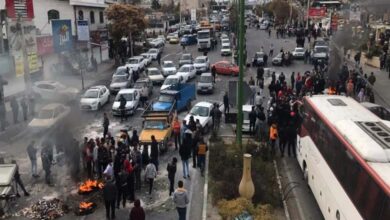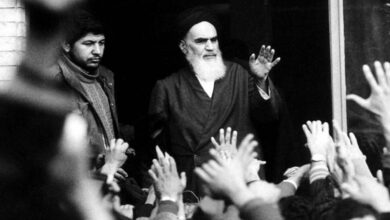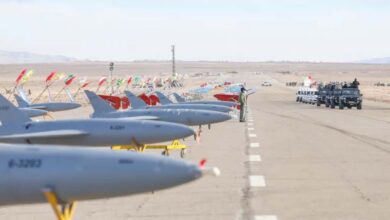Khamenei’s $4 billion transfer bill for his son restores hereditary succession scenario
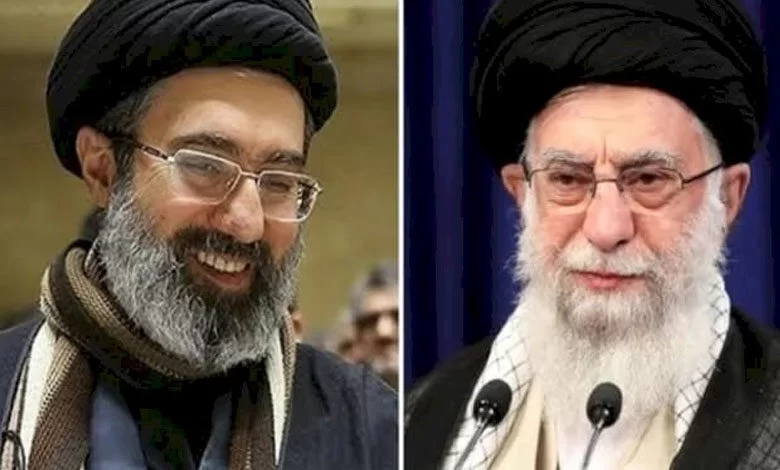
A leaked document reveals Iranian leader Ali Khamenei’s transfer of $4 billion to his son’s personal account in the Central Bank of Venezuela, amid official Iranian silence to respond to the incident, but it sparked talk of Khamenei’s attempts to equip his son to inherit his senior position in Iran.
The founder of the liberal opposition Ahvaz party, Hamed Matshar, said he obtained a document proving that Iran’s supreme leader had transferred $4 billion to the personal account of his son Mojtaba Khamenei in Venezuela.
Document Content
According to a translation of the document by the Middle East Media Research Institute, the transfer request by Mohammadi Kalabajani, Khamenei’s chief of staff, was sent to Dr. Ali Saleh Al Abadi, governor of Iran’s Central Bank, ordering him to transfer the requested amount to Khamenei’s son’s account in Venezuela.
Document Text
“In light of the current crisis in the country and the accompanying riots that prompted security institutions to raise the level of security alert, please transfer the sum of US$4 billion from the state treasury to the personal account of Ayatollah Mojtaba Khamenei at the Central Bank of Venezuela,” the letter reads.
The message comes as Iran is boiling, with public anger sparked in September by the killing of a security guard who allegedly did not wear the hijab properly fueling further anger.
Document timing
Observers said: The timing of the message reveals the Iranian regime’s fears about the protests raging in the country, Khamenei’s desire to smuggle what he looted from the Iranian people in the event of the fall of the mullahs regime, or Khamenei’s desire to strengthen his son to be his successor someday.
Who is Mojtaba Khamenei?
“The Supreme Leader’s 54-year-old son, Mojtaba Khamenei, was born in the religious city of Mechhed, a cleric like his father but a figure of mystery.”
He was highlighted during the violent crackdown on protests that followed the disputed 2009 presidential election. He is believed to have been personally responsible for the crackdown.
Although Ali Khamenei is not king and simply cannot transfer power to his son, Mojtaba wields considerable power within his father’s hardline circles, including in the powerful Supreme Leader’s office, which oversees constitutional bodies.
If backed by the IRGC, this could play a role in the legal process of tipping the balance in its favor.
In August, the Hawza News Agency in Qom, Iran’s religious capital, placed the title “Ayatollah” before the name of Mojtaba Khamenei, son of the Iranian regime’s Supreme Leader Ali Khamenei. Some say this is part of the prelude to succeeding Mojtaba his father.
The Title of Ayatollah
The title “Ayatollah” is used in the “Ithna Ashari” Shiite sect to refer to those who have reached the degree of diligence. Teaching lessons abroad also confirms that the teacher has become a diligent, so he can be imitated in Sharia issues, and thus there will be no legal impediment to Mojtaba Khamenei to succeed his father as the supreme jurist, and take over The highest constitutional authority in the country after the approval of the Assembly of Experts Leadership.
United States sanctions
In 2019, the U.S. Treasury Department on Monday sanctioned Mojtaba Khamenei, second son of Iranian leader Ali Khamenei, citing a range of reasons for the decision.
The ministry said on its website that Mojtaba Khamenei was among those sanctioned because he “represents his father officially, although he was not elected or appointed to a government position, except for his work in his father’s office.”
The U.S. Treasury Department is reiterating that it has imposed sanctions on Mojtaba because he “acted on or alleged to have acted, on behalf of or for the benefit of, directly or indirectly, the Supreme Leader.”
Early inheritance
It added that Iran’s Supreme Leader “delegated part of his command responsibilities to his son, who worked closely with the IRGC-QF commander, along with his work with the Basij, to further his father’s destabilizing ambitions in the region, and his repressive domestic goals.”


